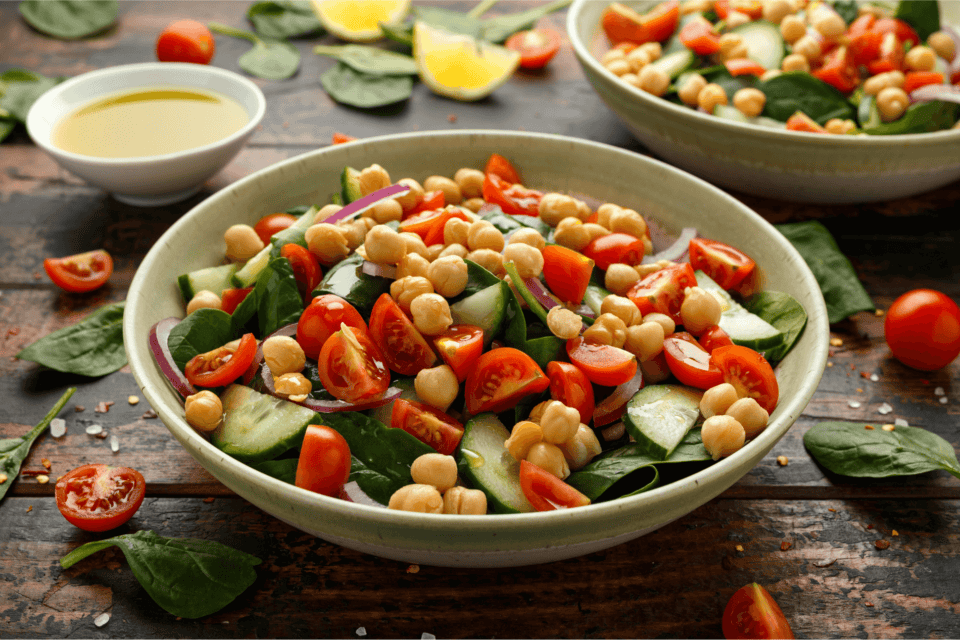
Is There a Connection Between Diet and Hearing Loss?
When it comes to maintaining optimal health, we often think about exercise and preventive care. But did you know that your diet plays a significant role in your hearing health too? The food we eat can impact various aspects of our well-being, including our hearing. Let’s take a closer look at the connection between diet and hearing loss. Discover essential nutrients, food recommendations, and lifestyle tips to nourish your ears and protect against hearing loss.
Omega-3 Fatty Acids
Omega-3 fatty acids offer numerous benefits for overall health, but did you know they are also essential for healthy hearing? These fats play a crucial role in maintaining the structure and function of the inner ear. Incorporate omega-3-rich foods into your diet, such as fatty fish (salmon, mackerel, and sardines), walnuts, chia seeds, and flaxseeds. If you have difficulty obtaining omega-3 through your diet, consider taking a fish oil or omega-3 supplement, after consulting with your healthcare provider.
Antioxidants
Antioxidants protect against cellular damage caused by free radicals, which can contribute to hearing loss. Increase your intake of antioxidant-rich foods like berries, spinach, kale, broccoli, and oranges. These foods not only benefit your hearing health but also provide numerous other health benefits, making them an essential addition to your diet.
Magnesium
Magnesium is a mineral that plays a role in numerous bodily functions, including the prevention of oxidative stress and the regulation of blood flow. Studies have shown that low levels of magnesium may increase the risk of hearing loss. Include magnesium-rich foods in your diet, such as leafy greens, nuts, seeds, legumes, and whole grains. If necessary, consult with your healthcare provider about magnesium supplements.
Vitamin C
Vitamin C is known for its immune-boosting properties, but it also aids in hearing health. This powerful antioxidant helps combat oxidative stress and protects the delicate structures of the inner ear. Boost your vitamin C intake by consuming citrus fruits, kiwi, strawberries, bell peppers, and broccoli. Remember that eating whole fruit is more beneficial than consuming processed or sugary fruit juices.
Vitamin E
Vitamin E is another antioxidant that can protect against age-related hearing loss. This nutrient helps reduce damage caused by free radicals and promotes healthy circulation. Incorporate vitamin E-rich foods into your diet, such as almonds, sunflower seeds, spinach, avocados, and kale. Including these foods not only supports your hearing health but also brings a host of other health benefits.
Potassium
Potassium is an essential mineral involved in regulating fluids and nutrients within the body. It plays a role in converting sound waves into electrical signals that the brain can interpret. Boost your potassium intake by including foods like bananas, avocados, oranges, spinach, and potatoes in your daily meals. Adequate potassium levels can support healthy hearing and overall well-being.
Limit Sugar and Processed Foods
Excessive sugar and processed foods can contribute to inflammation, oxidative stress, and damage to the auditory system. Limit your intake of sugary snacks, processed foods, and sugary beverages to reduce the risk of hearing loss. Opt for whole, unprocessed foods whenever possible, and choose natural sweeteners like honey or maple syrup rather than refined sugar.
Stay Hydrated
Proper hydration is vital for overall health, including hearing health. Drinking enough water helps maintain fluid balance in the body, including the fluid within the inner ear responsible for transmitting sound. Make sure to drink an adequate amount of water each day, aiming for at least six glasses. Staying hydrated supports healthy hearing and overall well-being.
Maintain a Healthy Lifestyle
A healthy diet is just one component of maintaining your hearing health. Engaging in regular exercise, managing stress levels, getting enough sleep, and avoiding harmful substances like smoking and excessive alcohol consumption also contribute to overall well-being, including hearing health. Take a holistic approach to your health and lifestyle choices to protect and nurture your hearing for years to come.
Your Diet May Impact Your Ears
Your diet can significantly impact your hearing health. By incorporating nutrient-rich foods, such as omega-3 fatty acids, antioxidants, magnesium, vitamins C and E, and potassium, you can protect your hearing and reduce the risk of hearing loss. Limiting sugar and processed foods and staying hydrated can also support your hearing health.
For more tips on how to protect your ears this summer, visit us for a hearing test and consultation.
